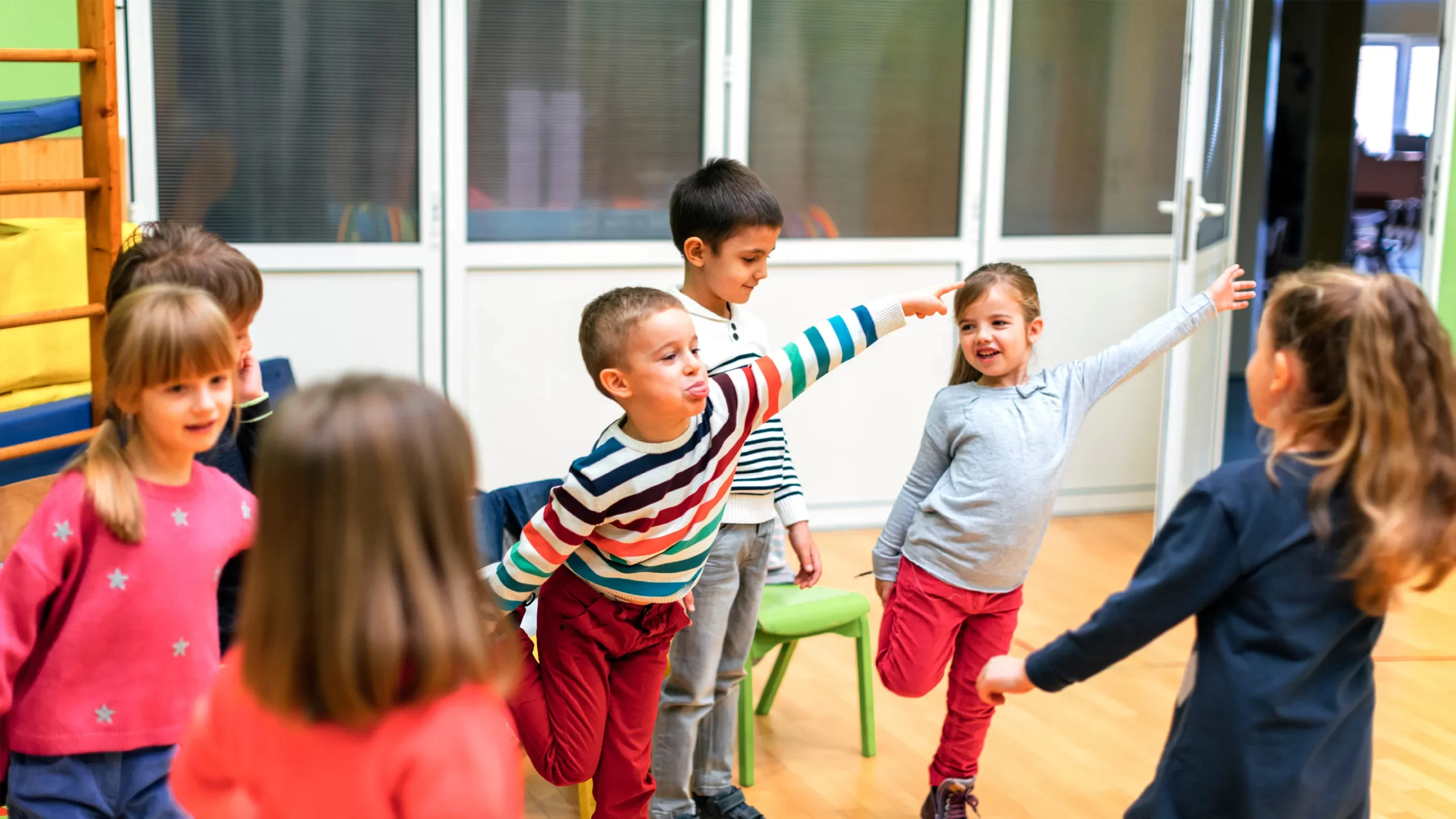Have you ever wondered how kids learn to focus, follow instructions, or manage tasks on their own? These important life skills come from something called executive function—a set of mental abilities that help with planning, self-control, and problem-solving. The good news is, kids can build these skills through play! Fancy tools or strict routines are not necessary.
Just a few fun games can do the trick. Below are 7 playful, screen-free games that boost executive function, without kids even realizing they’re learning.
1. Simon Says
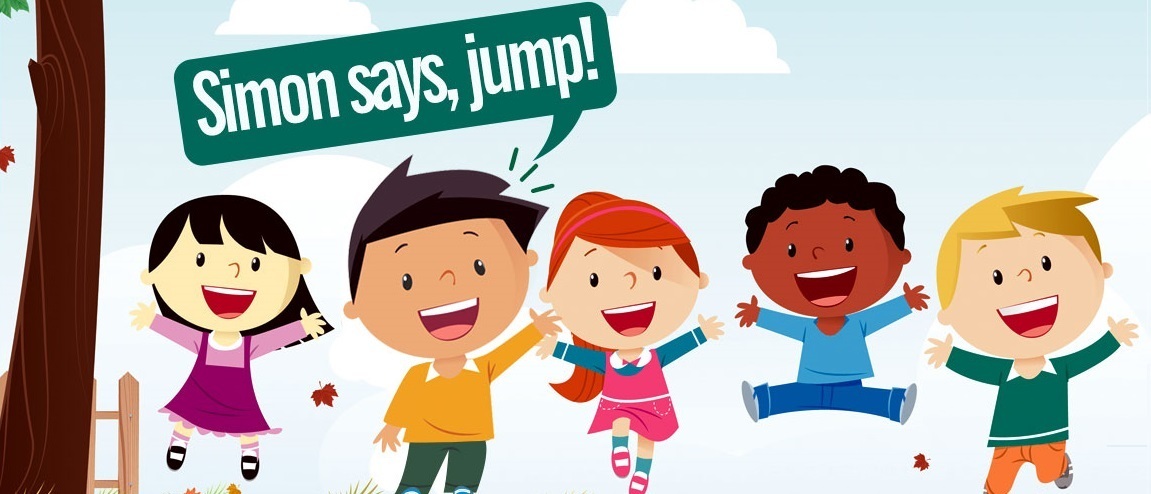
This classic game improves impulse control and attention.
- How it works
One person (the leader) gives commands starting with “Simon says.” Kids must only follow the instructions if they hear “Simon says” first.
- What it builds
Inhibitory control, working memory, and cognitive flexibility.
- Why it helps
Kids practice stopping themselves from responding automatically, which improves focus and self-regulation.
2. Red Light, Green Light
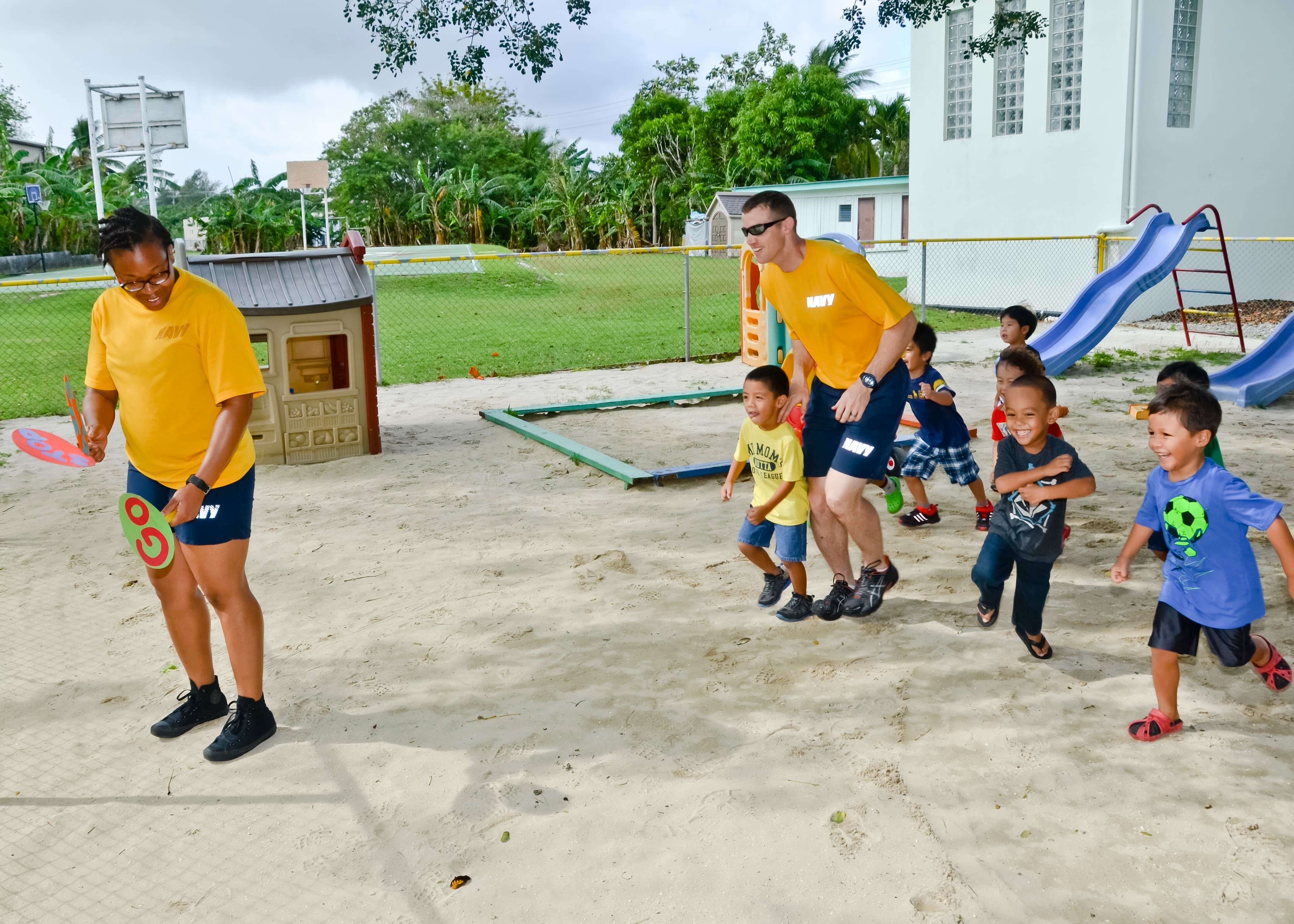
This movement-based game keeps kids on their toes—literally.
- How it works
One child calls out “green light” to make others move and “red light” to make them stop.
- What it builds
Self-control, attention, and response inhibition.
- Why it helps
The quick rule shifts require kids to pause, plan, and act with intention, supporting impulse regulation.
3. Card Games (Uno, Go Fish, Memory Match)
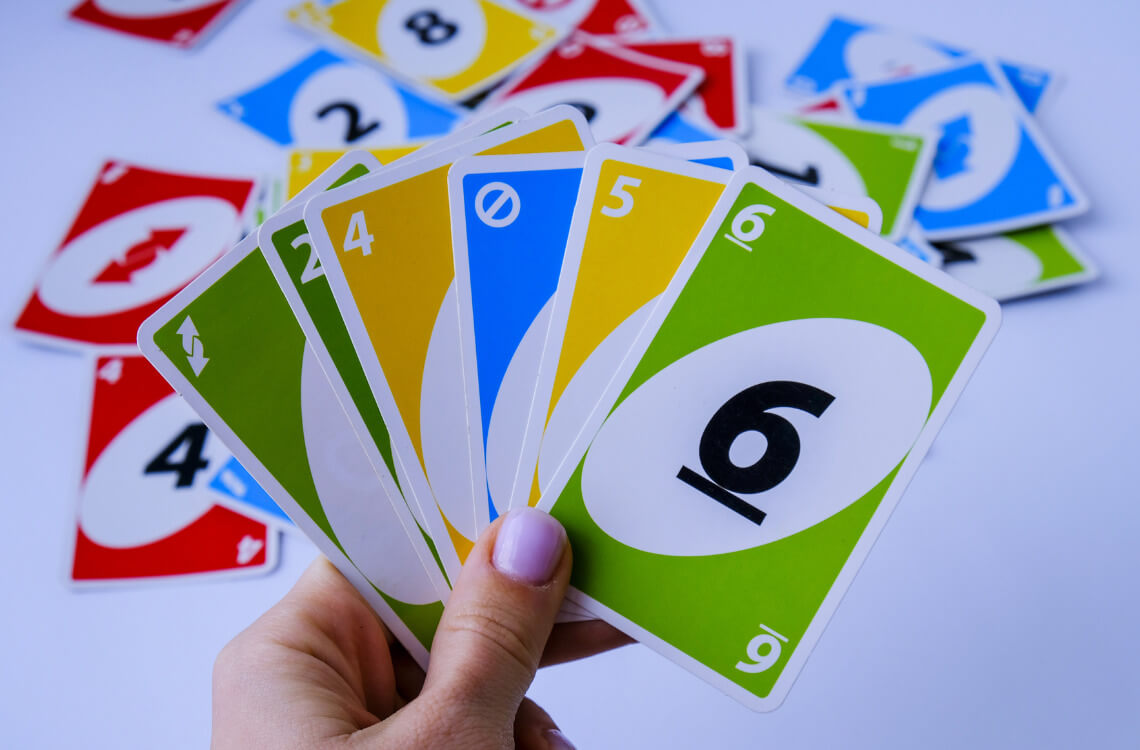
Simple card games engage memory and strategic thinking.
- How it works
Each game has different rules, but all involve remembering cards and planning moves.
- What it builds
Working memory, planning, and emotional control.
- Why it helps
Managing turns, anticipating other players’ moves, and following multi-step instructions develop cognitive flexibility.
Tip: Choose age-appropriate versions to avoid frustration and keep the game fun.
4. Freeze Dance
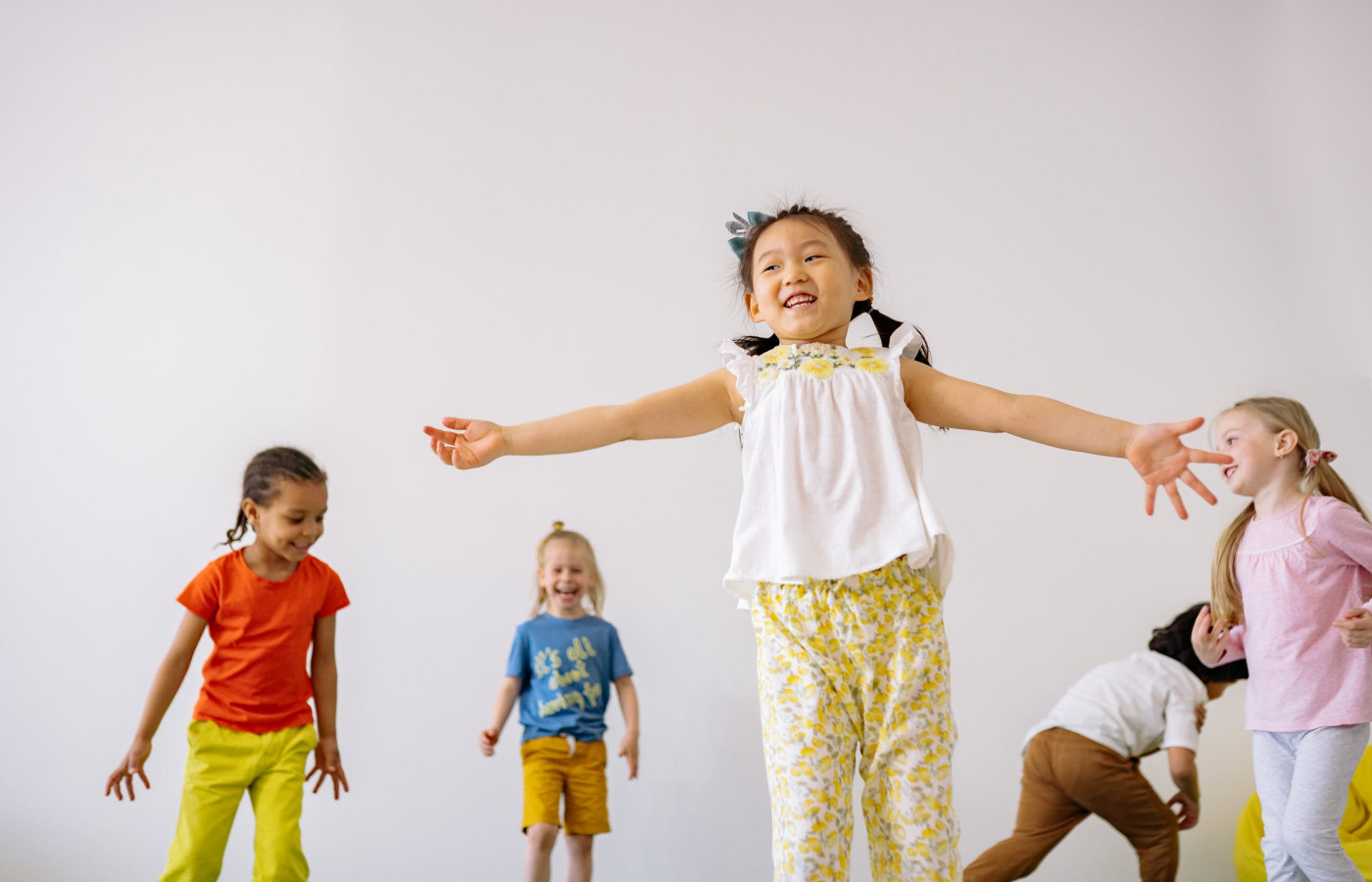
A party favorite that strengthens listening and coordination.
- How it works
Play music and have kids dance. When the music stops, they freeze instantly.
- What it builds
Attention, self-regulation, and motor control.
- Why it helps
Kids must stay alert and manage their body movements on cue, encouraging fast processing and impulse control.
5. Puzzles and Tangrams

Spatial problem-solving with built-in focus training.
- How it works
Kids assemble pieces to complete a shape or image.
- What it builds
Planning, organization, and working memory.
- Why it helps
Completing puzzles encourages children to think ahead, test ideas, and revise their approach—all executive function skills.
6. Scavenger Hunts

Turn any space into a learning challenge.
- How it works
Give kids a list of objects to find or clues to follow.
- What it builds
Task initiation, sustained attention, and goal-directed persistence.
- Why it helps
Kids must remember steps, manage time, and think strategically to complete the hunt.
Variation: Add time limits or riddles to increase complexity.
7. Board Games with Strategy (e.g., Guess Who?, Connect Four, Chess for older kids)
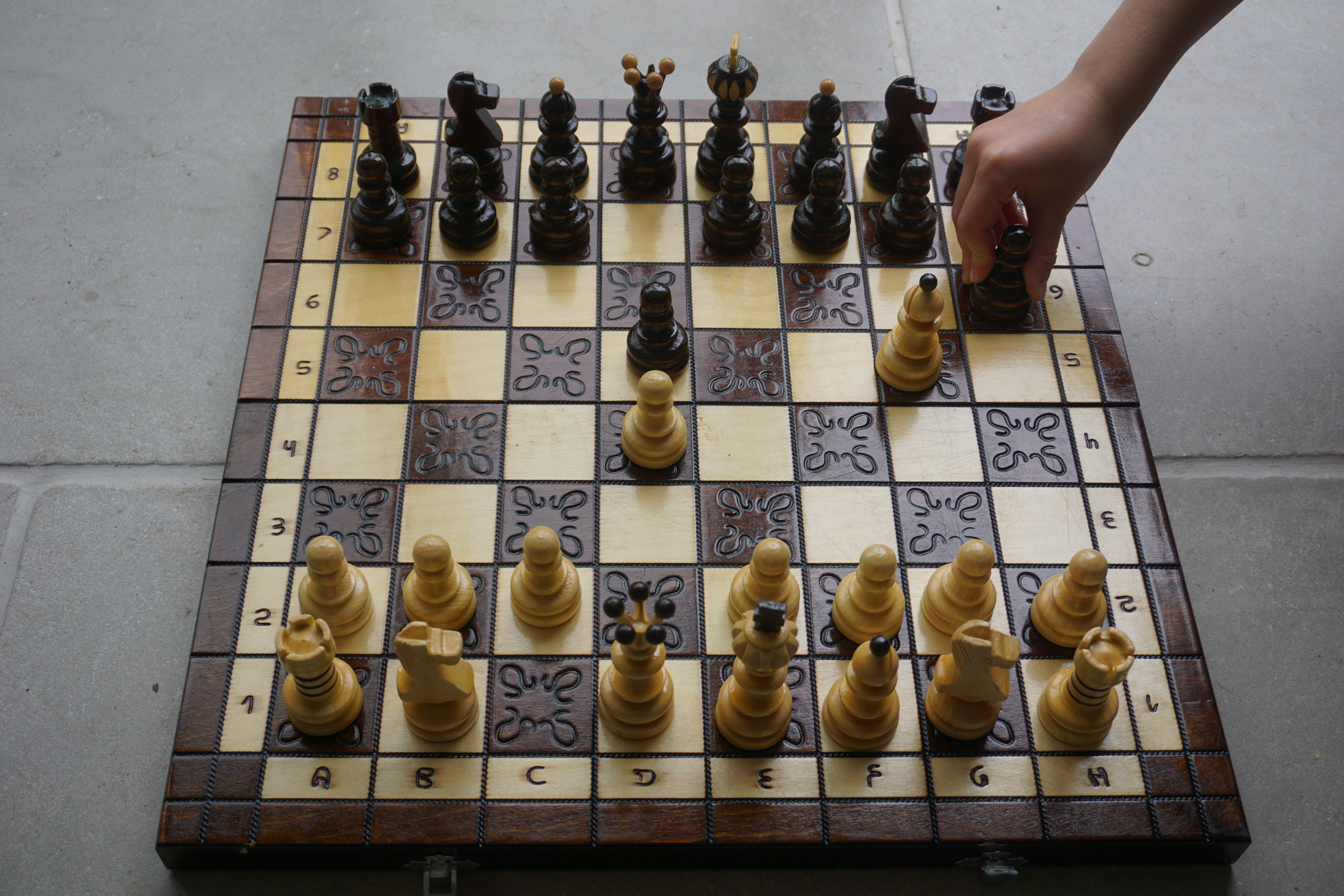
These games challenge kids to plan and adjust their tactics.
- How it works
Players make moves while anticipating the opponent’s strategy.
- What it builds
Decision-making, flexible thinking, and self-monitoring.
- Why it helps
Kids learn to plan ahead, revise their approach, and handle setbacks.
Why These Games Work
These games are more than entertainment—they’re built on principles of cognitive development. They offer practice in:
- Inhibitory control: pausing and choosing the right action
- Working memory: holding and using information in the mind
- Cognitive flexibility: switching between rules and tasks
Playing regularly—even for 15–20 minutes a day—can lead to meaningful gains in focus, behavior, and learning skills over time.
Final Thoughts
Boosting executive function in kids doesn’t require apps, expensive programs, or rigid drills. You can support your child’s development through everyday play. Try rotating these seven games into your weekly routine. The key is consistency, encouragement, and joining in when you can. Kids learn best when they’re having fun—and so do adults.
FAQs
Q: What is executive function in kids?
A: Executive function refers to mental skills like self-control, memory, and flexible thinking. These skills help kids plan, focus, and manage emotions.
Q: At what age should I start focusing on executive function?
A: Executive function starts developing in early childhood. You can begin with simple games like Simon Says or Freeze Dance as early as age 3.
Q: Can screen time help boost executive function?
A: Some educational games and apps may help, but physical and social games are generally more effective and engaging for younger children.
Q: How often should I play these games with my child?
A: Aim for short daily sessions or a few times a week. Regular practice helps reinforce skills.

